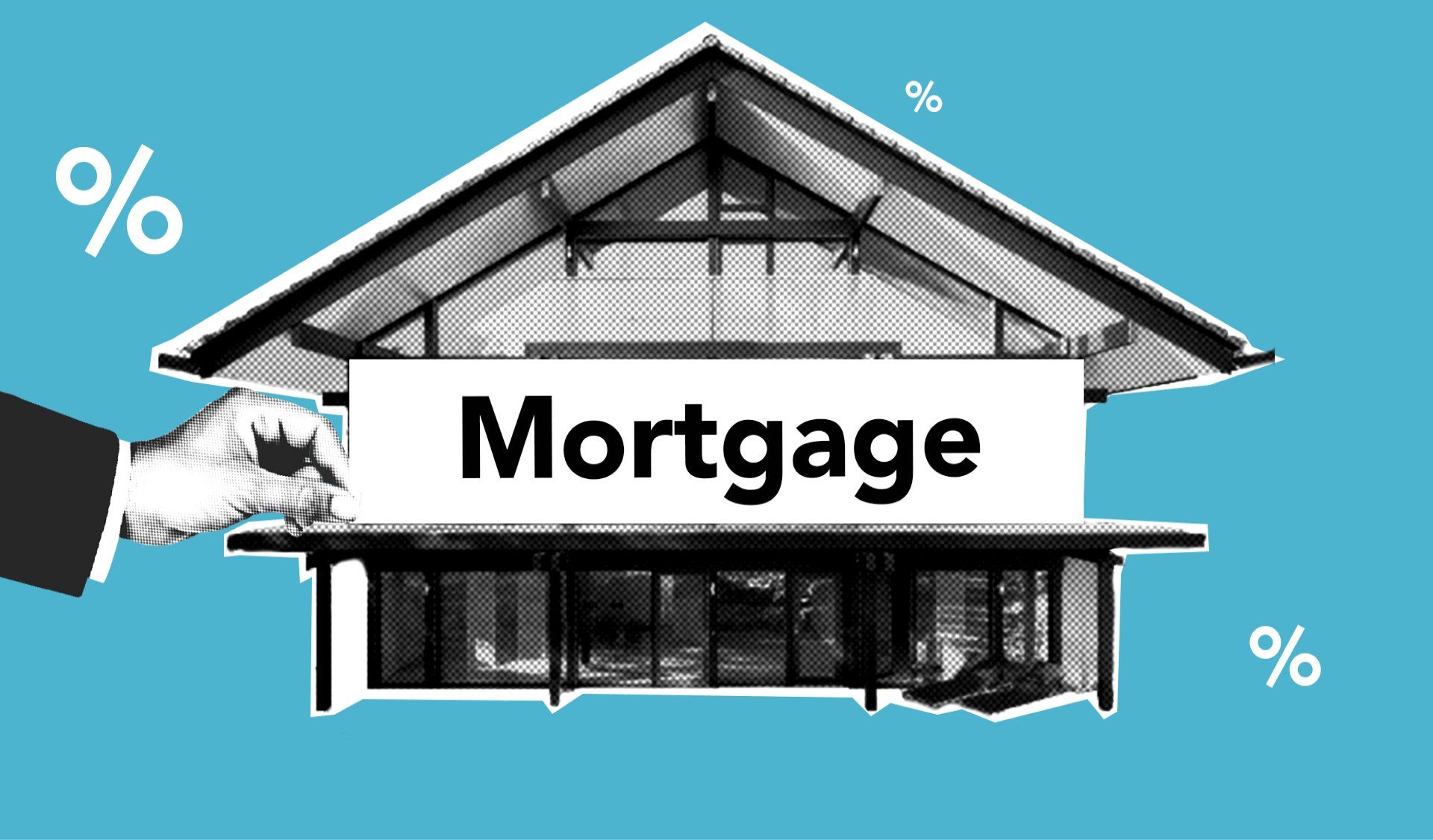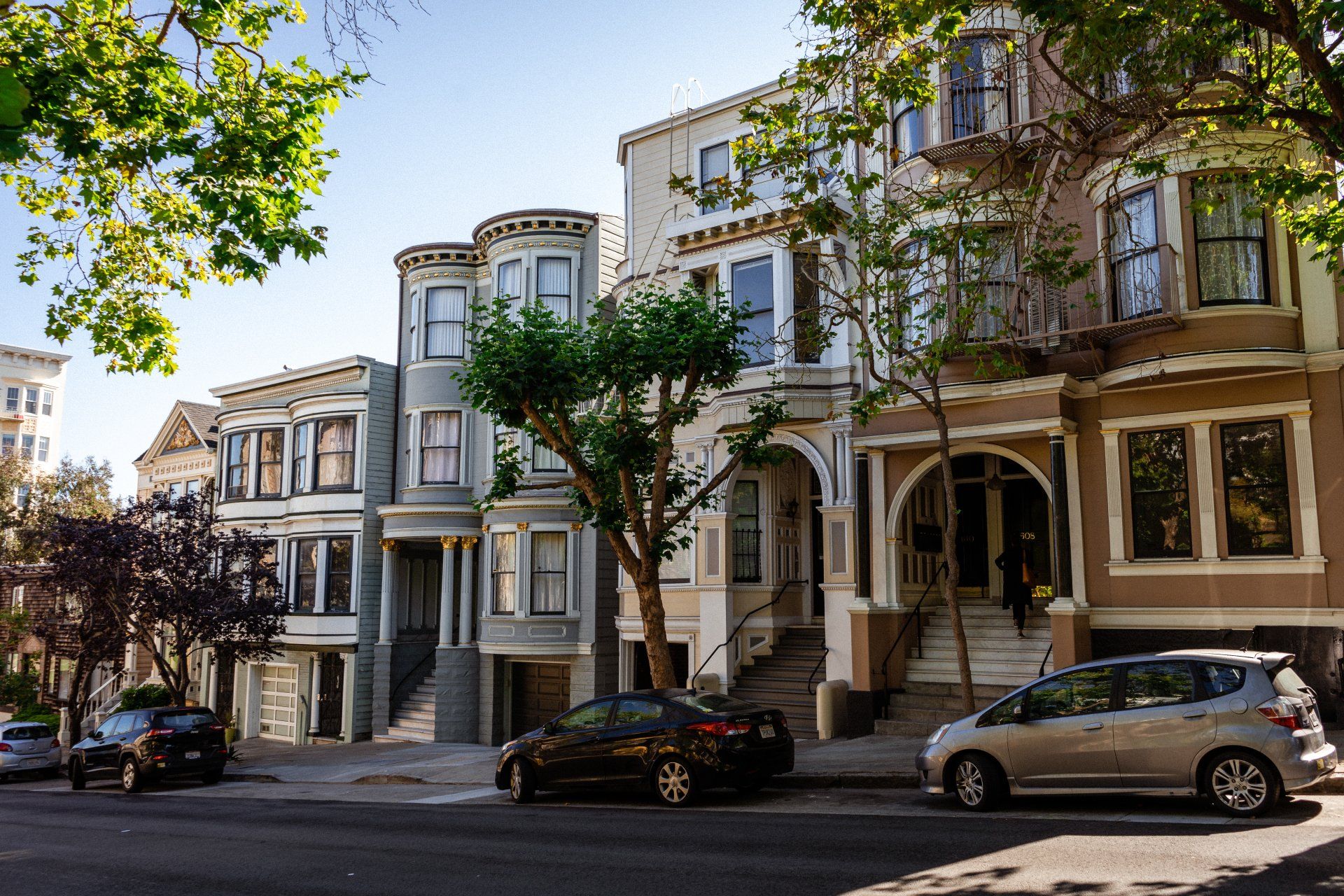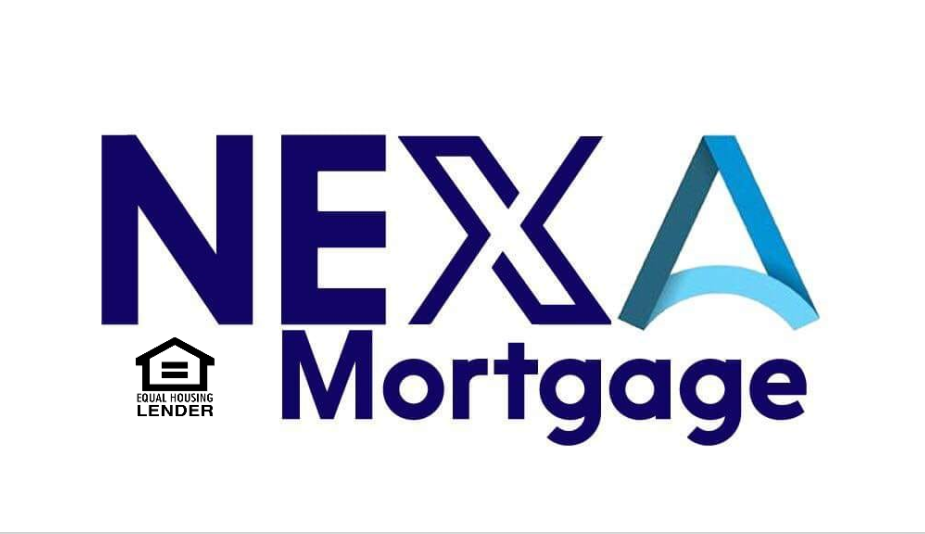Key Encounters LLC powered by NEXA Mortgage
Navigate Your Way Home & Explore Our Comprehensive Mortgage Solutions!
CONVENTIONAL LOANS
Conventional loans are mortgage products offered by private lenders and not insured or guaranteed by the government. They typically require a down payment of at least 3% to 20% of the home's purchase price, depending on the lender and borrower qualifications. Conventional loans often have competitive interest rates and are popular among borrowers with strong credit histories and stable income.
FHA( Federal Housing Administration)
These loans are backed by the Federal Housing Administration, making them attractive to first-time homebuyers with lower down payment requirements, typically set at 3.5%. When combined with down payment assistance programs, borrowers may have minimal upfront costs, potentially bringing no money to the closing table. These loans also offer competitive interest rates and are accessible to borrowers with less-than-perfect credit histories.
VA LOANS (Veterans Affairs)
VA Loans are exclusively available to eligible veterans, active-duty service members, and qualifying military spouses, allowing them to finance a home's entire purchase price without needing a down payment and avoiding monthly private mortgage insurance (PMI). Additionally, VA Loans are designed to minimize unnecessary fees, ensuring costs remain low for those who have served in the military. These loans offer competitive interest rates and flexible terms, making homeownership more accessible to those who have served our country.
USDA (United States Department of Agriculture)
USDA loans, backed by the U.S. Department of Agriculture, are designed to help moderate to low-income households in rural and suburban areas purchase homes with little to no down payment. These loans offer competitive interest rates and flexible credit requirements, making homeownership more accessible for eligible borrowers. USDA loans also include options for financing closing costs and can be used for both new purchases and refinancing existing mortgages.
DOWN PAYMENT ASSISTANCE
(DPA) programs are initiatives designed to help homebuyers cover a portion or all of their down payment and sometimes closing costs when purchasing a home.
DPA programs aim to make homeownership more accessible by reducing the upfront costs associated with purchasing a home, particularly the down payment and closing costs. By providing financial assistance, these programs enable homebuyers to afford homes that might otherwise be out of reach due to high initial costs.
First-Time Homebuyers and Low to Moderate-Income Homebuyers looking to purchase a primary residence.
SELF EMPLOYED
Self-employed borrowers have alternative methods for verifying income that differ from traditional approaches.
Bank Statement Loans accommodate self-employed borrowers by using bank statements for income verification, this flexibility is particularly advantageous for individuals whose income fluctuates throughout the year.
Asset Depletion Loans assess income; based on assets rather than conventional sources, catering to self-employed individuals with significant assets but irregular income streams.
RENOVATION LOANS
Renovation loans provide financing tailored for home improvement projects, whether upgrading existing features or adding new elements like a swimming pool. These loans offer homeowners the flexibility to enhance their living spaces without relying on high-interest credit cards or personal loans, often providing better terms and lower rates. Whether through FHA, VA, USDA, or conventional loan options, renovation loans help homeowners elevate their properties while managing costs effectively.
REAL ESTATE INVESTORS
Fix and Flip Loans typically feature short-term terms ranging from a few months to a few years, with an expedited approval and funding process to seize investment opportunities quickly. Buy and Hold Loans are specifically designed for long-term rental property investments, offering terms ranging from 5 to 30 years. DSCR (Debt-Service Coverage Ratio) Loans are cashflow-based, assessing loan qualification based on the property's income generation capability to cover its debt obligations.
HARD MONEY LOANS
Typically have durations ranging from several months to a few years.
Secured by the property being purchased rather than the borrower's creditworthiness.
Designed for fast approval and funding, often within days.
Higher interest rates are reflected by the higher risk for the lender.
Customizable repayment schedules and structures.
These loans are popular among real estate investors who need quick financing or cannot qualify for traditional loans due to credit issues or unconventional properties.
COMMERCIAL REAL ESTATE
Commercial loans offer robust financial solutions tailored for businesses looking to acquire, refinance, or develop commercial properties. These loans feature competitive interest rates and flexible terms to accommodate diverse business needs, whether expanding operations, purchasing equipment, or securing working capital. With streamlined processes and personalized service, commercial loans empower businesses to achieve their growth objectives with confidence and financial stability.
BRIDGE LOANS
Bridge loans are versatile financial tools utilized by investors to secure short-term financing, effectively bridging the gap between purchasing a new property and selling an existing one. They provide flexibility to finance renovations, allowing investors to enhance property value without contingencies during the purchase offer process. Bridge loans also support cash flow management and enable investors to capitalize on time-sensitive opportunities in the real estate market by providing quick access to capital.
CONSTRUCTION LOANS
Construction loans are specifically designed to fund the building of a new property or significant structural improvements, providing funds in stages as the project progresses. Construction loans involve inspections and disbursements based on completed project milestones, ensuring funds are used efficiently to enhance the property's value.
It is generally advisable to have detailed plans and specifications for your construction project before you approach a lender for several reasons:
Loan Application Accuracy
Cost Estimation
Lender Assessment
Contractor Selection
FOREIGN NATIONALS
Specifically designed for non-U.S. citizens or non-permanent residents who wish to purchase property in the United States. These loans cater to individuals who may not have a Social Security number, credit history in the U.S., or traditional income documentation typically required for conventional mortgages.
Eligibility: Available to non-U.S. citizens and non-permanent residents, including foreign investors, international students, and individuals relocating to the U.S. for work or investment purposes.
DACA- Deferred Action for Childhood Arrivals
Tailored for DACA recipients who are legally present but may not be U.S. citizens.
May consider non-traditional credit histories and documentation.
Due to potential higher risk perceived by lenders, loans may require higher down payments and have higher interest rates associated with the borrowers legal status.
These loans aim to provide housing opportunities for DACA recipients who meet specific eligibility criteria and legal requirements.
ITIN ( Individual Taxpayer Identification Number)
ITIN loans are available to individuals without a Social Security Number (SSN) but with an Individual Taxpayer Identification Number (ITIN) issued by the IRS, including undocumented immigrants, resident aliens, and foreign nationals. Borrowers use their ITIN for identification and tax purposes, and eligibility requirements, documentation, and loan terms vary among lenders. Interest rates and down payment requirements may differ from traditional mortgage loans, allowing borrowers to purchase homes and build equity in the United States.















